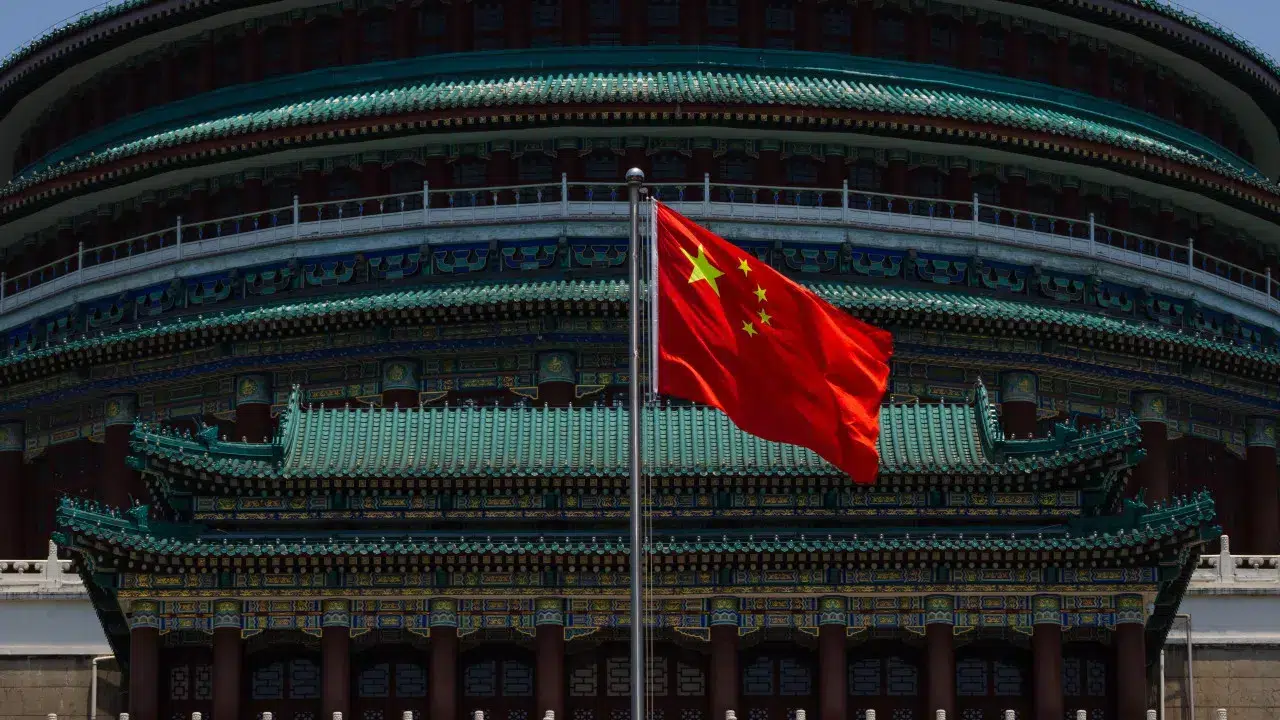
A prominent Chinese economist has highlighted the considerable risks associated with the potential exclusion of China from the SWIFT system or the freezing of its foreign exchange reserves. Writing in an essay this week, Lian, President of the Guangkai Institute of Industrial Research and Chairman of the Chief Economists Forum of China, emphasized that such actions would carry high costs and risks for Washington and the international financial system.
“Excluding China from SWIFT is no easy task. The Chinese economy is too large to be ignored,” argued Lian, noting that although the U.S. does not directly control the Belgium-based consortium, its influence over the CHIPS (Clearing House Interbank Payments System) gives Washington substantial leverage.
The economist pointed out that, unlike Iran or Russia, there currently exists no legal basis or international legitimacy for any exclusion of China from SWIFT.
Despite this, Beijing and Washington are entrenched in a prolonged trade and technological conflict, marked by heavy U.S. tariffs on Chinese goods and restrictions on high-tech supplies.
In response, Beijing has imposed equivalent tariffs and restrictions on rare earth minerals, but there is concern that the U.S. might impose financial sanctions, which would disastrously impact China’s international trade, predominantly conducted in dollars.
China lacks comparable retaliatory capacity due to the “still marginal weight of the yuan and Chinese financial system internationally.”
Nevertheless, Lian Ping noted that many countries involved in international payment systems have deep economic ties with China, which would face “severe losses” should such measures be implemented.
The economist also underscored that forcibly excluding China could hasten the development of alternative systems like the already operational CIPS (Cross-Border Interbank Payment System) and strengthen the “global trend” of reducing dollar dependency, thereby weakening the U.S. currency’s position in the medium term.
Regarding the U.S.’s potential freezing of Chinese assets, Lian considered such a scenario only plausible in the context of a declared military conflict between the two nations, akin to occurrences involving Japan in 1941 or China during the Korean War.
Lian conceded, however, that Washington might resort to partial sanctions targeting specific entities and warned of the potential for the U.S. to leverage its influence over foreign banks to block Chinese assets outside its borders.
He warned that the political use of the dollar as a pressure tool could undermine global confidence in the U.S. financial system: “Financial geopolitics weakens the credibility of dollar-denominated assets, such as U.S. Treasury bonds, and jeopardizes the stability of the U.S. economy itself.”
In light of these risks, the economist called for preventive measures from Beijing, including expediting the yuan’s internationalization, increasing gold reserves, enacting anti-sanctions legislation, and deepening economic ties with Europe and other trading partners.
“Our aim should be to become ‘too big to be excluded,'” he wrote.




